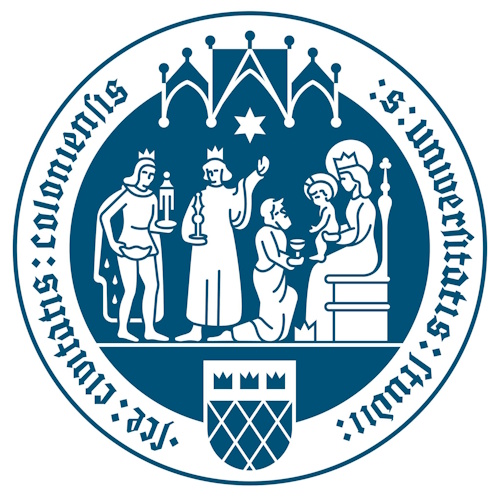Key points from article :
New study found that transcription of genes changes with age, becoming faster and less accurate.
This change is observed across the animal kingdom, including nematodes, fruit flies, mice, rats, and humans.
Faster transcription speed is associated with changes in RNA splicing, another step in the process of converting genes into proteins.
Accuracy of transcription can be controlled and reversed by interventions such as dietary restriction and insulin signaling modulation.
Reducing the reading speed of genes can extend lifespan and increase the division potential of human cells.
Reduced calorie intake can also have a positive effect on healthy aging by improving the quality of gene transcription.
Research led by Linda Partridge and Adam Antebi from the University of Cologne CECAD, Max Planck Institute for Biology of Aging, and the University of Göttingen, published in the journal Nature.









